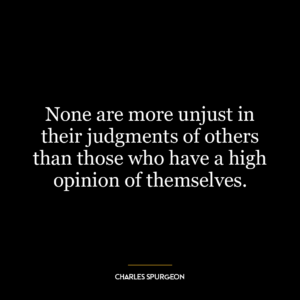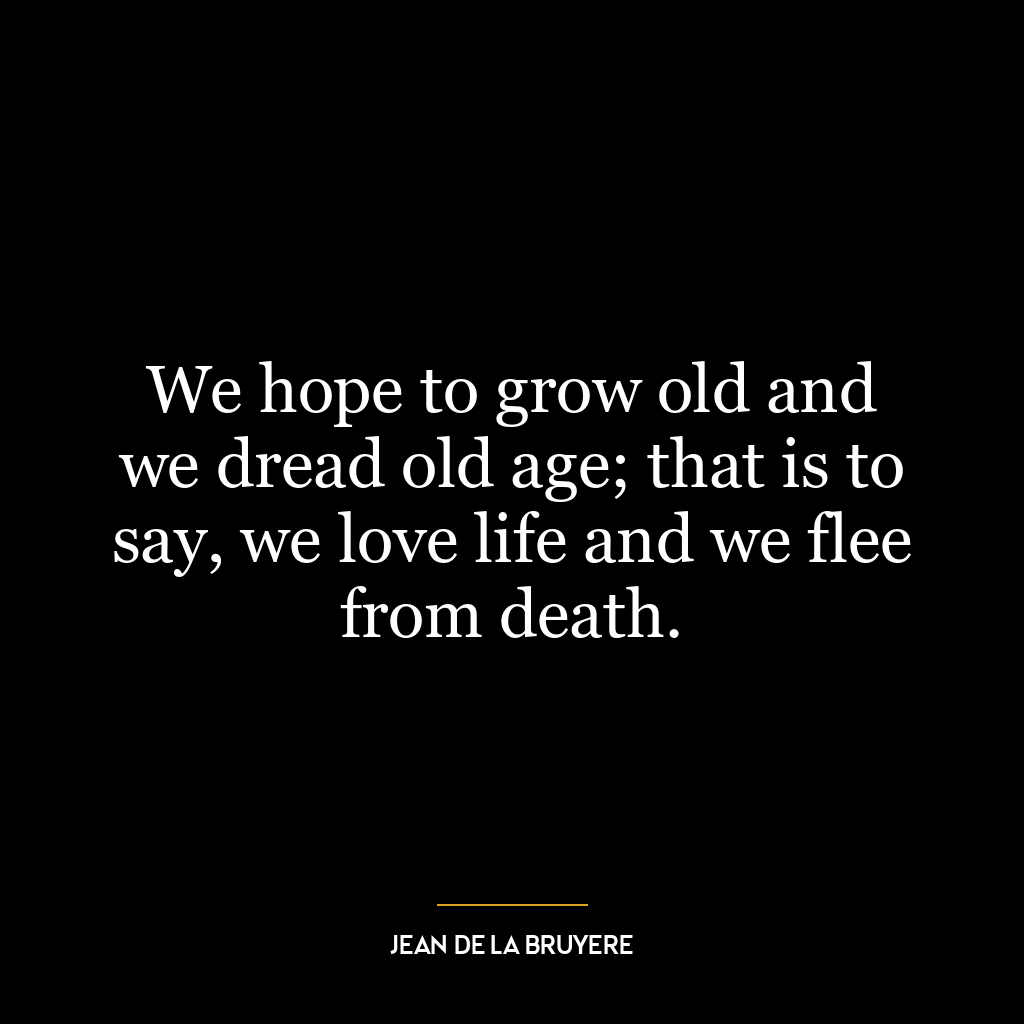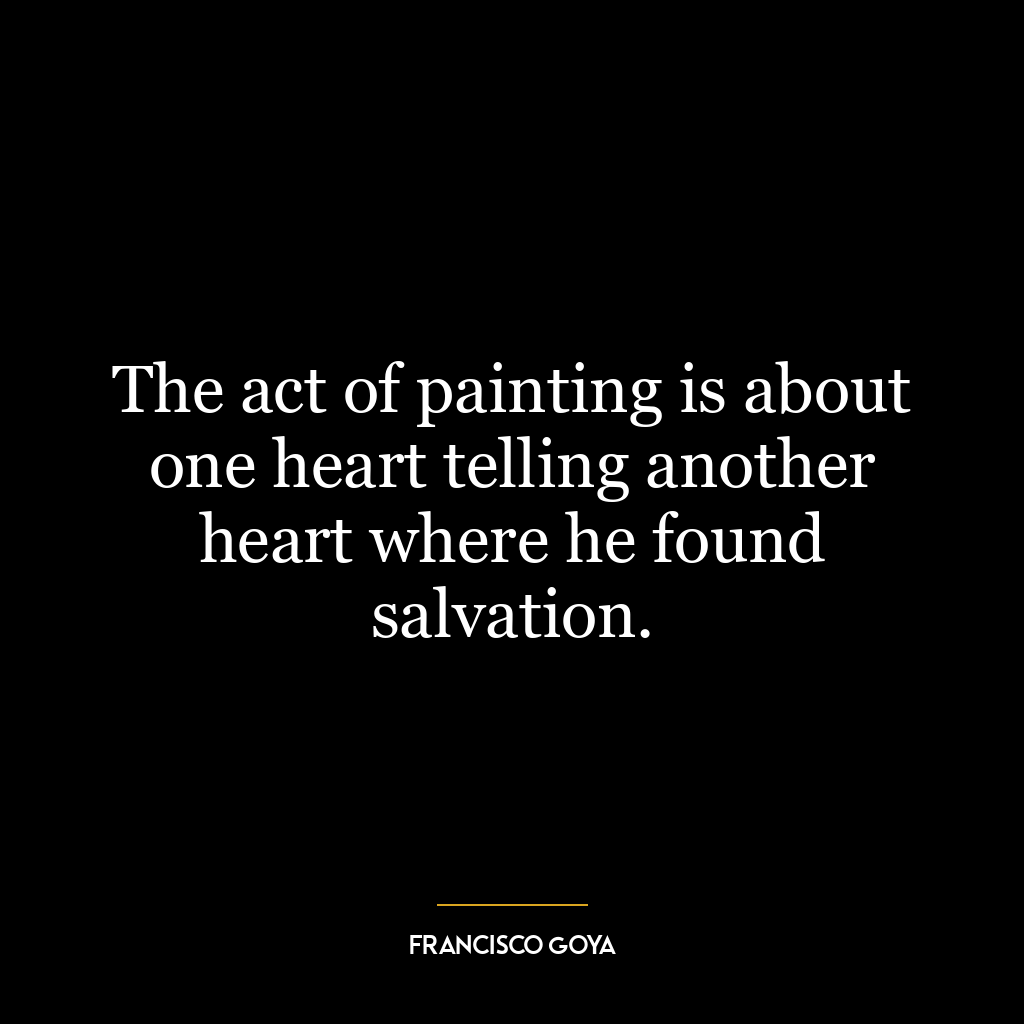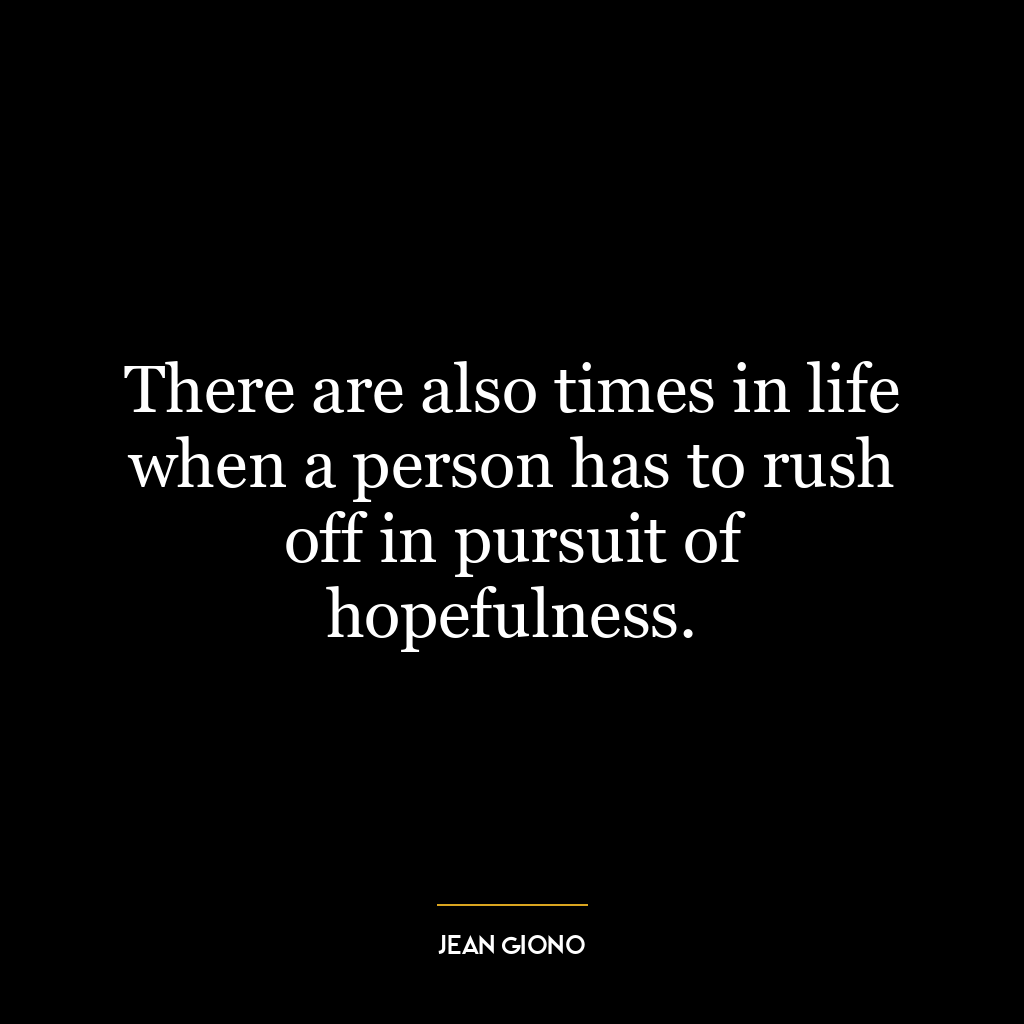You must either give up your sins or give up all hope of heaven.
This quote is a stark reminder of the dichotomy between moral virtue and sin, as per religious doctrines. It implies that one cannot hope for salvation or a place in heaven if they continue to indulge in sinful actions. The choice is presented as binary – either renounce sinful behavior or relinquish the expectation of heavenly bliss.
The phrase “give up your sins” suggests an active effort to eliminate immoral behaviors, wrongdoings, or harmful habits from one’s life. This could involve anything from lying and stealing to greed and hatred. Essentially, it requires self-reflection and moral rectitude.
On the other hand, “give up all hope of heaven” denotes surrendering any aspiration for divine reward or spiritual salvation. In religious terms, this could mean eternal damnity or separation from God’s grace.
In today’s context, this idea can be extrapolated beyond religion into personal development and ethical living. It emphasizes the necessity for individuals to actively work on eliminating negative behaviors if they aspire towards personal growth and fulfillment.
For instance, someone seeking professional success cannot expect it while indulging in unethical practices like plagiarism or dishonesty at work. Similarly, someone hoping for healthy relationships must give up toxic behaviors such as manipulation or deceit.
Therefore, while originally rooted in religious morality teachings this quote can also serve as a powerful reminder of the importance of integrity and virtuous conduct in achieving any form of success – worldly or spiritual – underlining that ends do not justify means.
However, it should also be noted that this perspective leaves little room for redemption which may seem overly strict when applied outside its original religious context where forgiveness often plays a crucial role.
Moreover, some might argue that people are complex beings who can’t be simply divided into ‘sinners’ & ‘virtuous’. Therefore while striving towards betterment we should also acknowledge our human fallibility rather than expecting absolute perfection from ourselves.









